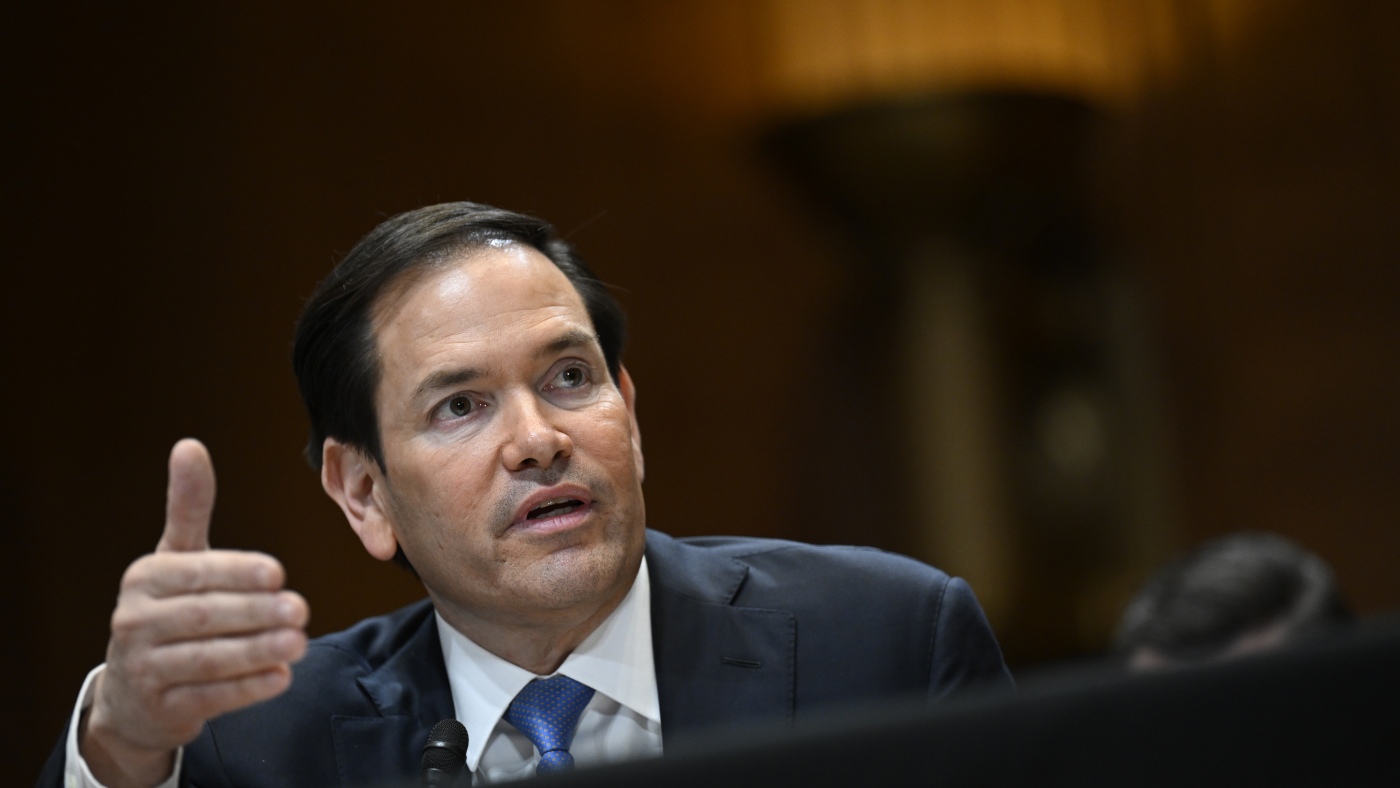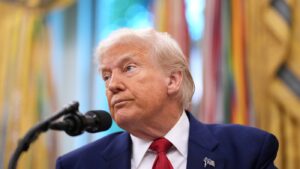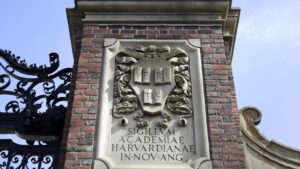U.S. Visa Policies Stir Concerns Amid Chinese Student Community
The decision by the United States to “aggressively” revoke visas held by Chinese students has sent shockwaves through both China and American educational institutions. This move has sparked widespread criticism from education groups and scholars who highlight the positive contributions these students make to American innovation and economic development.
Rosie Levine, Executive Director of the U.S.-China Education Trust, warned of the significant impact this policy could have. “The chilling effect on potential students will be enormous,” she stated, emphasizing the loss of “a critical reserve of soft power and talent” for the U.S.
The Trump administration justifies the policy by citing national security concerns. Officials claim that Chinese students could return to China with valuable American knowledge, potentially aiding in intellectual property theft. Some members of Congress have even suggested that these students might be involved in state espionage activities that pose risks to federally funded universities.
Secretary of State Marco Rubio announced that the visa revocations would target students with connections to the Chinese Communist Party or those studying sensitive fields. He also mentioned plans to enhance scrutiny of future visa applications from China and Hong Kong.
Tammy Bruce, a spokesperson for the State Department, reinforced Rubio’s stance, saying, “We will not tolerate the CCP’s exploitation of U.S. universities or theft of U.S. research.”
Chinese Students Under Scrutiny
China has long been a major source of international students in the U.S., though India recently surpassed it. There are nearly 280,000 Chinese students currently studying in the United States. In 2020, to curb intellectual property theft, the U.S. began screening Chinese graduate students for military affiliations.
Nicholas Burns, former American ambassador to China, expressed concerns over the broad scope of the visa revocations. “To essentially say to those people, largest country in the world, along with India, ‘you are hereby excluded from the United States if you have any connection whatsoever with the Communist Party,’ I think that’s shortsighted,” Burns commented.
The Appeal of American Education
Despite tense relations between the U.S. and China, the appeal of an American education remains strong among Chinese families. Brian Taylor of Ivy Coach noted that Chinese parents often regard U.S. college rankings as definitive, striving to send their children to top institutions.
Yingyi Ma, a sociology professor at Syracuse University, described the allure of elite American universities as an “education gospel” for Chinese families seeking alternatives to China’s competitive educational system. Books like Harvard Girl have become bestsellers, further fueling this fascination.
Even China’s political elite send their children to study in the U.S., with President Xi Jinping’s daughter attending Harvard and Bo Xilai’s son also being a Harvard alumnus.
For many middle-class Chinese families, studying in the U.S. offers a pathway to professional success, akin to the “China dream,” which mirrors the American dream, according to Tomer Rothschild of Elite Scholars of China.
Contributions of Chinese STEM Graduates
A 2022 study from Georgetown University’s Center for Security and Emerging Technology found that 90% of Chinese nationals who studied STEM fields in the U.S. between 2000 and 2015 stayed to work in the U.S. Cole McFaul, a research analyst, noted this as a “force multiplier” for the U.S.
Many leading American AI companies were founded by immigrants from China and India, underscoring the importance of foreign-born talent in the tech industry. The National Science Foundation reports that about half of STEM workers in the U.S. are foreign-born.
Levine of the U.S.-China Education Trust warned that the new visa policies could undermine these benefits. “These overly broad policies will undermine these benefits in pursuit of narrow national security goals,” she said.
Efforts to Limit International Students
The Trump administration previously considered banning all Chinese students and even contemplated a travel ban for Communist Party members and their families. The recent pause on new student visa interviews has left many Chinese students anxious about their plans to study in the U.S.
Despite falling numbers of Chinese students coming to the U.S., some are choosing to study in other countries or remain in China due to improved local universities. “Really, you only have the most motivated students and the most motivated families that are sending their children abroad,” Ma observed.






Be First to Comment